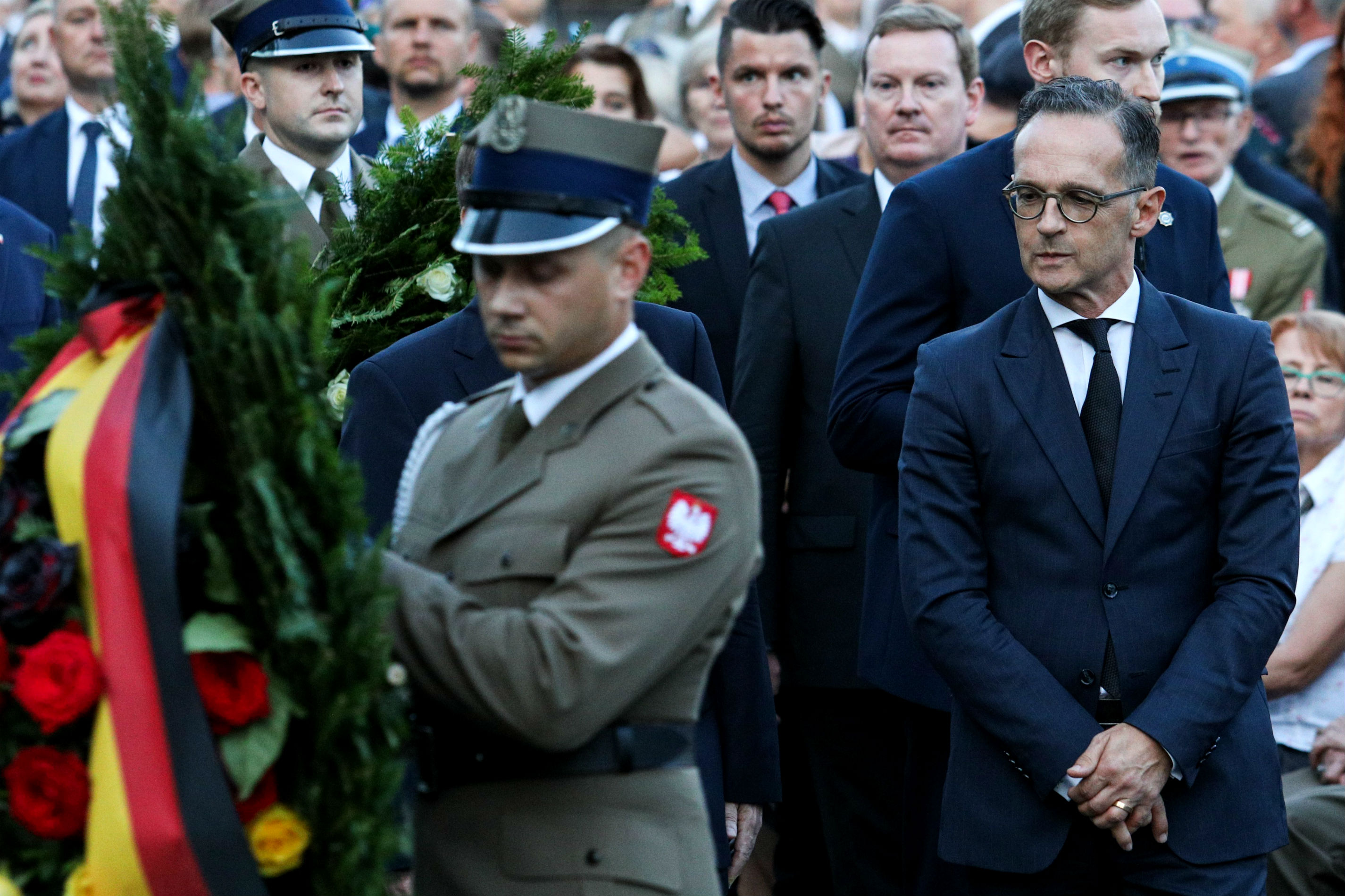“Since the brutal invasion of Ukraine by Russia on February 24, the EU is reorganizing itself. Its center is shifting further east,” Die Welt wrote on Tuesday. According to the newspaper, this is demonstrated not only by the fact that the eastern members of the community, especially Estonia, Poland and the Czech Republic, massively support the Ukrainian army with arms supplies, and that these countries have absorbed most of the more than seven million Ukrainians who fled the country.
The ignored were right
According to Die Welt, it’s hard not to feel like “Germany was yesterday, now comes (the time) for Eastern EU”.
“Until recently, an outdated German view prevailed – the countries in the east of the European Union were countries in the middle of Europe, located between Germany, Russia and Austria. For a long time, the eastern part of the Community received little attention in European policy. From the beginning of the war, these countries became a force in Ukraine, the engine of the European policy of sanctions against Russia. Tougher measures against Moscow have always been demanded first in Warsaw or Tallinn – before Germany finally accepted them”. We read.
The United States counts on partners from Central and Eastern Europe
The daily recalls that it was countries like Poland, Slovakia and Romania that warned the West, particularly Brussels, against Russia’s aggressive policy. And it was treated as hysteria in Berlin. Today, these states are frontline states. “Poland in particular has become indispensable as a hub for the supply of Western weapons to Ukraine. Moreover, it is arming itself like no other NATO country”, underlines the daily. The newspaper predicts that the dividing line of the new confrontation between the political blocs will no longer run along the border of Germany, as it was for many decades after the Second World War, but along the borders of Europe. Central and Eastern Europe.
“Especially from the American point of view, this increases the strategic importance of the region. In terms of security policy, it gains in importance as much as Germany loses. For German policy, the ‘turning point’ may be a revolution , but abroad it is seen by sympathetic commentators as at most a belated adaptation to NATO standards; moreover, Berlin’s wavering support for Ukraine makes a German leadership role in Europe impossible in the eyes of central and eastern Europeans,” the newspaper writes.
Read also :
Will Putin lose power? Khodorkovsky: I don’t know if he can get away with it







